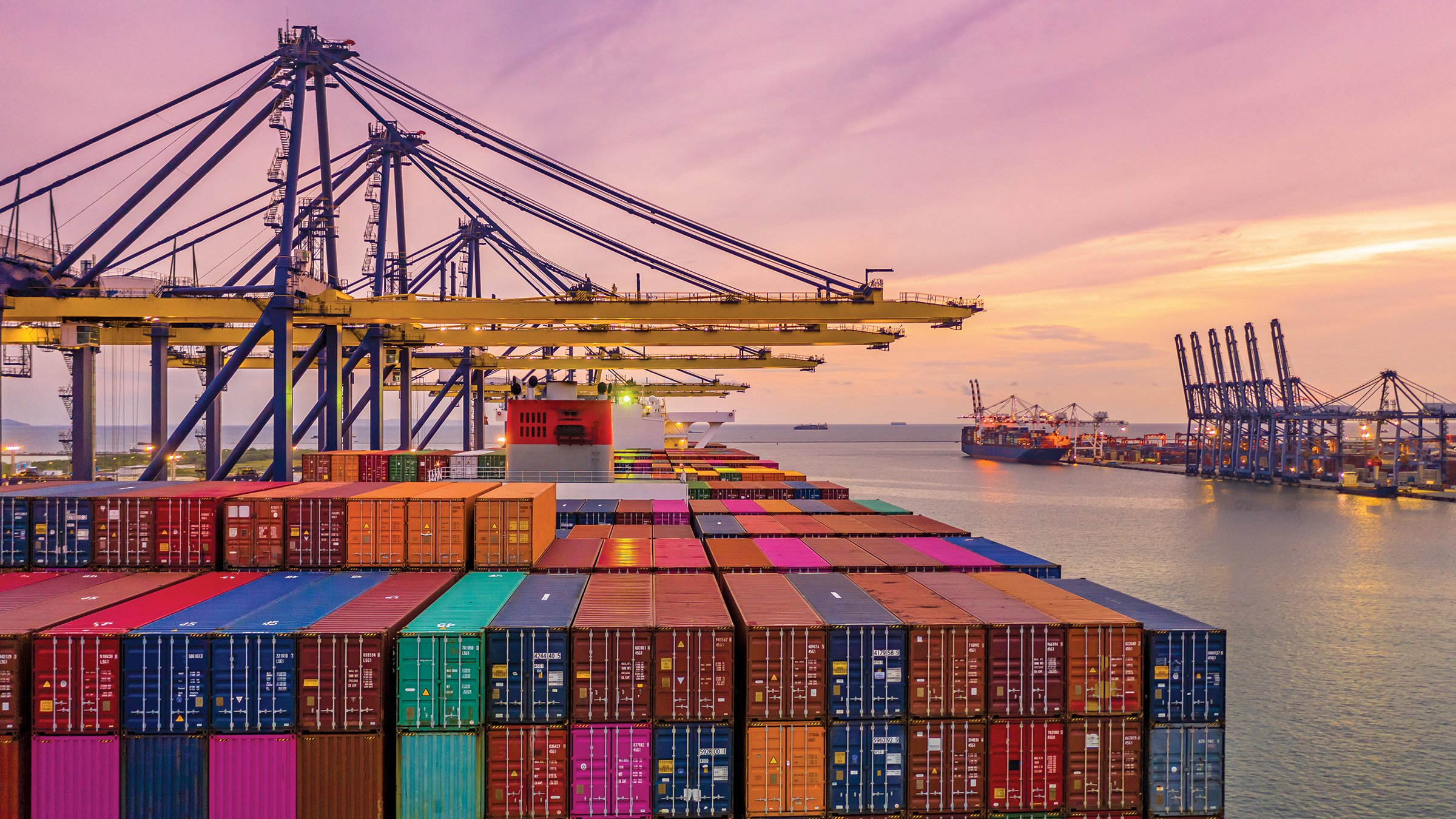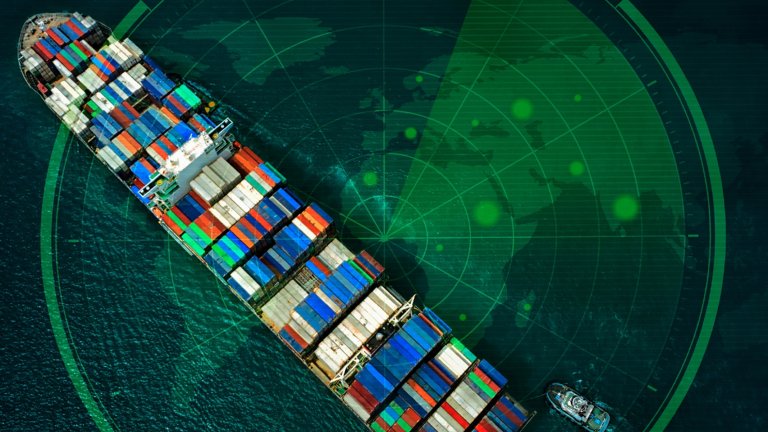One test of the health of global supply chains is the manufacturing and distribution of the vaccine for mass inoculation against COVID-19. The past two years have tested global supply chains and proven the importance of agility and resilience to rapidly shift sourcing, manufacturing and distribution activities.
Convergence of Challenges
In addition to the pandemic, global supply chain leaders continue to face myriad challenges — including global protectionism, multiple constrained markets and a quickly evolving global trade environment, to name a few. While not new, most of us haven’t managed through these concurrently.
So many unknowns and so much uncertainty means that manufacturers need more efficient, yet resilient and agile supply chain processes.
Your end-to-end supply chain practices must be agile enough to make faster changes, and resilient enough to recover from a lack of raw materials, product or capacity. Agility will help verify the right cost, service and quality given external market factors. Resilience will mitigate the impact of disruption where there are potential points of failure.
Here are the four practices we at Rockwell Automation are using to achieve the agility and resilience needed to counteract the instability caused by supply chain uncertainty:
1. Capacity. Capacity is precious. It’s your ability to generate and build product, and it starts with answering the question, “How do I generate enough to satisfy demand?” The COVID-19 vaccine is gated from a manufacturing perspective; companies can only distribute what’s available. The point for you and for your product is to stay ahead of capacity and never be constrained by it.


